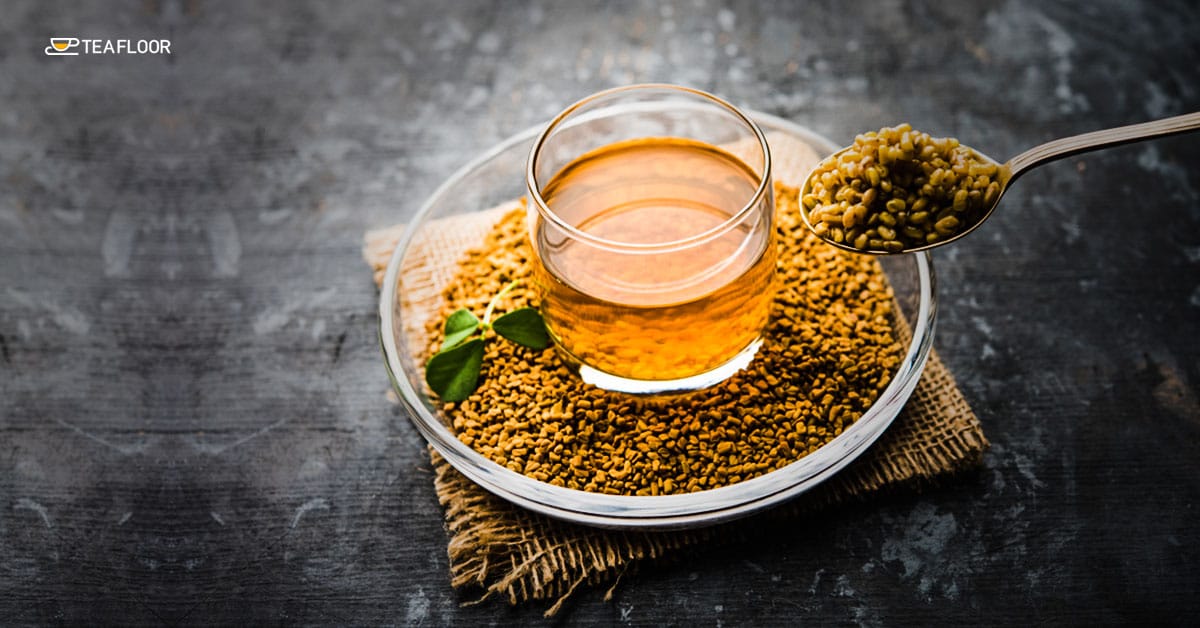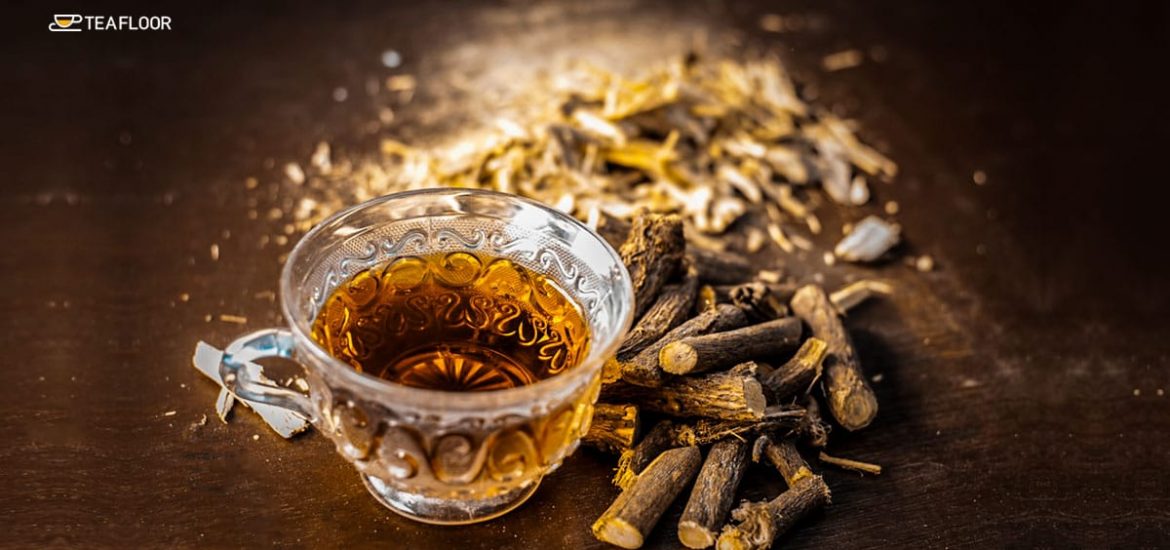Thanks to internet and social media, people are becoming more and more conscious of healthy living. With this objective, people focus on their daily exercise, yoga, work life balance, sleeping habits, food and beverages.
While all these factors require rigorous commitment in terms of time and compromise on pleasure, an appropriate control on beverages is least taxing. Within beverages segment, the first solution comes in the form of tea, and particularly Green tea. Interestingly, the awareness towards other varieties of teas such as Black, Oolong and White teas is still lacking in the society.
Green tea is great, but not the solution to all health needs:
Green tea has enormous health benefits. The anti-oxidants (catechins, mainly EGCG) that protect cells against damage, and scavenge and flush out free radicals from the body. Green tea is linked with health benefits associated with weight loss, cardiac health, anti-carcinogenic, antiviral, bone density, stress, arthritis, anti-diabetes etc. While Green tea provides a good base to health needs, there are popular Indian and Chinese herbs for specific health issues. These herbs go deeper than Green teas in addressing specific health aspects.

Most of the big tea companies have brought tea blends in the market that use various combinations of fruits and flowers to add aesthetics, aroma and taste to tea. However, these ingredients don’t add much to health properties of tea. On the other hand, herbal teas add a lot to health benefits too, besides bringing a nice aroma and taste to tea. Unfortunately, tea industry has been slow in picking up the vast knowledge of Ayurvedic herbs.
Some of the common herbs used in tea industry that have immense health benefits are Ginseng, Tulsi/Basil, Turmeric, Cinnamon, Ginger, Mint, Lemongrass etc,. Many Tea companies have brought tea blends in the market using these herbs. However, the approach towards making these herbal tea formulations has been quite adhoc.
Indian Ayurvedic System of Medicines Brings a Structured Approach to Health Focused Herbal Teas:
Indian Ayurvedic system of medicines originated thousands of years back, and commands recognition all throughout the world. Thanks to internet and various social media platforms, a large segment of society is reasonably aware of the enormous health benefits associated with Ayurvedic system of medicines utilizing various herbs. Also, they understand that most of the common herbs have no or little side effects, and any little side effects are far outweighed in relation to the potential health benefits. Simultaneously, people are becoming more and more aware of serious side effects associated with long term usage of allopathic medicines.
Interestingly, tea as such hasn’t found appropriate space in ayurvedic medicines, possibly because of it’s late arrival in India. As a result, tea and Ayurvedic medicine industries had non-existent, or very few bridges until a few years back.
Why Herbal Teas? Why not just the Ayurvedic medicines:
Herbal medicines in traditional form like capsules, tablets and syrup are typically consumed with a feeling of being patient, and people stop taking these as soon as they recover from the ailment. In the form of herbal tea, provided it is reasonably tasty, people don’t mind accepting these herbal teas as part of their regular life style after recovery.
Additionally, with warm/hot water as the media, the absorption of herbs in the form of herbal tea is better in the body. Also, unlike tablets and capsules, the absorption of herbs starts right from when tea goes from mouth to throat and further down in the body.

Categories of Herbal Teas:
The herbal teas can be divided into two segments:
- Wellness segment covers basic health themes like detoxification, immunity system, slimming, relaxation, refreshing, digestion, metabolism tea etc.
- Illness segment covers chronic issues like diabetes, high BP, Uric acid, Joint Pain, Acidity, Blood purification, Thyroid, Cancer etc.
As part of their first introduction to herbal teas, most of the people look for a tea for detoxification and slimming. While Oolong tea and Garcinia Cambogia are directly associated with weight reduction, detoxification is a generic concept for various body parts, leading to usage of wide range of herbs. There are different herbs for detoxification of different body organs. Detox teas currently available in the market vary a lot in terms of their formulation.
As people graduate to the next level, they look for teas for their specific health needs. This segment is still taking up a shape.
Who is Driving Herbal Tea Business:
Large tea industry players have been slow in picking up herbal knowledge.
It is easier for Ayurveda industry to add tea as an ingredient to their formulations. However, Ayurveda industry has also been slow in adopting tea, possibly due to different type of manufacturing processes e.g .teabag making. Also, Ayurveda companies lack global reach, including Southeast Asia.
A new set of entrepreneurs studied established ayurvedic formulations, and modified the same to replace bitter tasting ingredients by additional suitable herbs. Formulations are often tweaked versions of competitor’s formulations in the market.
Human psychology also plays a role as people tend to get more convinced about the efficacy of the blend by the number of herbs used in the formulation. Blending 10-20 herbs in a formulation has become a common practice.
Not all herbs are water soluble. Certain herbs are alcohol soluble. Herbal tea formulation makers often don’t consider this factor while making new formulations.
Bio availability determines the quantity of active herbal ingredient in the dosage. As too many herbs are put in a formulation, and brewing process is also typically limited to 90 degree C for 3-4 minutes, the availability of active ingredients in tea is low. However, as these herbal teas are targeted to become part of daily lifestyle, the long term usage of herbal teas should yield positive results.
In order to claim health benefits, the manufacturing companies need to conduct clinical trials, and seek appropriate authoritie’s approval. As it is an expensive and time consuming affair, the start up companies take a short cut, and don’t claim intended health benefits on the product packaging. They spread customer awareness using social media/website and other communication channels.
The Future of Herbal Teas:
In all probabilities, Ayurvedic medicines based herbal teas will see a major boost in it’s market share of beverages. More and more specialized formulations for specific health issues, including serious ailments, will come in the market.
There could be a churn in terms of current stakeholders or drivers. The current set of entrepreneurs will have to quickly scale up, or they may get acquired by large tea companies. Some Ayurveda based companies will also grow bigger in tea segment.

I’m a Blogger, always ready to explore new things. Starting from Technology to Seo, webiners etc. Driving more and more traffic to our website is my passion.
